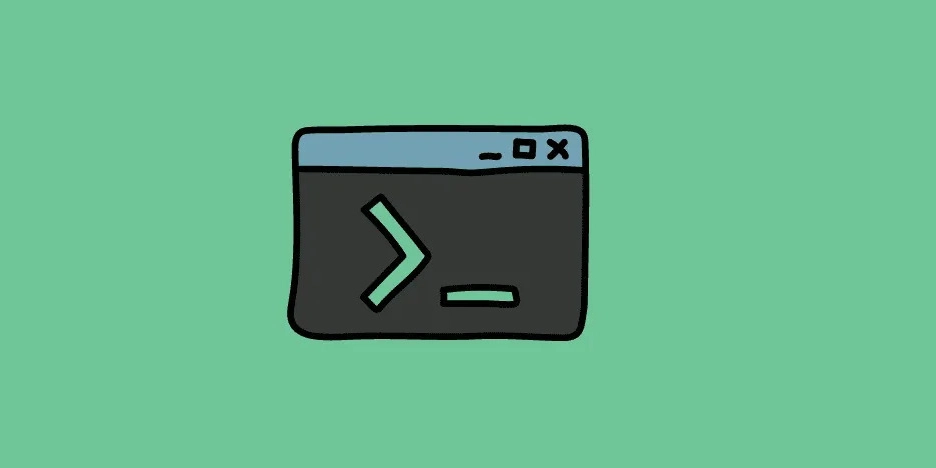Understanding Java: A Simple Introduction for New Programmers
If you’re beginning your journey into the world of programming, one of the first languages you’re likely to encounter is Java. Known for its versatility, stability, and long-standing presence in the software development world, Java remains a top choice for both beginners and experienced developers. But what is Java, really? And why has it stood the test of time? Let’s explore the fundamentals of Java in a simple, beginner-friendly way. What Is Java? At its core, Java is a high-level, object-oriented programming language. It was developed by Sun Microsystems in the mid-1990s and is now owned by Oracle Corporation. Since its inception, Java has played a major role in shaping the software industry. The philosophy behind Java can be summed up in one powerful slogan: “Write once, run anywhere.” This means that once you write a Java program, it can run on almost any device or operating system without needing to be rewritten. This cross-platform compatibility is possible because of something called the Java Virtual Machine (JVM), which acts as a bridge between the Java code and the underlying system. Why Java Is a Great Choice for Beginners There are many reasons Java continues to be a popular language for new programmers: 1. Readability: Java code is relatively easy to read and understand, especially when compared to older languages like C or C++. Its syntax is clean and resembles English in many ways, which makes it less intimidating for newcomers. 2. Strong Community Support: Java has been around for decades and boasts a vast, active community of developers. This means that if you ever run into problems or have questions, there are countless resources—forums, tutorials, and communities—ready to help. 3. Widely Used: Java is used in everything from mobile applications (especially Android apps) to large-scale enterprise systems. Learning Java opens the door to various career opportunities in different industries. 4. Foundation for Learning Other Languages: Once you learn Java, transitioning to other programming languages like Python, C#, or Kotlin becomes much easier. Java teaches you many of the core principles that are common across most modern programming languages. Key Concepts in Java When learning Java, you’ll encounter several fundamental ideas that form the backbone of programming. Here are a few essential concepts you’ll come across early on: - Classes and Objects: Java is an object-oriented language, which means it’s built around the idea of “objects.” These are instances of “classes,” which act as blueprints for what objects can do. This approach helps you structure your code in a logical and reusable way. - Variables and Data Types: As you write Java programs, you’ll work with variables—containers for storing data. Java is a statically-typed language, which means you must declare the type of data (like numbers or text) a variable will hold. - Control Structures: Programming isn’t just about writing instructions. It’s about making decisions and repeating actions when necessary. Java includes control structures like if-statements and loops that allow your programs to make choices and handle repetition. - Error Handling: No program is perfect. Java provides a structured way to handle errors or unexpected conditions through a mechanism called “exceptions.” This allows your programs to be more robust and reliable. Real-World Applications of Java Java is used in an impressive variety of applications. You may not realize it, but many systems you interact with daily are powered by Java. These include: - Android apps: Most native Android applications are developed using Java or Kotlin (a language that runs on the JVM). - Banking and financial systems: Because of its performance and security, Java is widely used in back-end systems for banks and financial institutions. - Enterprise software: Large organizations often rely on Java-based platforms to manage operations, track data, and support services. - Web applications: Java powers many server-side technologies that make websites and online services function smoothly. The Evolving World of Java One of the reasons Java remains so relevant is because it continues to evolve. With regular updates, the language introduces new features that improve performance, simplify coding, and enhance security. This makes it a modern, future-proof choice even after decades of use. Whether you’re aiming to build a mobile app, develop server-side applications, or simply understand the fundamentals of computer science, Java is a great place to start. Final Thoughts So, what is Java? In simple terms, it’s a powerful, flexible, and widely used programming language that has earned its place as a cornerstone of modern software development. Its blend of simplicity, readability, and real-world application makes it ideal for those who are just starting to explore the world of programming. If you're a

If you’re beginning your journey into the world of programming, one of the first languages you’re likely to encounter is Java. Known for its versatility, stability, and long-standing presence in the software development world, Java remains a top choice for both beginners and experienced developers. But what is Java, really? And why has it stood the test of time?
Let’s explore the fundamentals of Java in a simple, beginner-friendly way.
What Is Java?
At its core, Java is a high-level, object-oriented programming language. It was developed by Sun Microsystems in the mid-1990s and is now owned by Oracle Corporation. Since its inception, Java has played a major role in shaping the software industry. The philosophy behind Java can be summed up in one powerful slogan: “Write once, run anywhere.”
This means that once you write a Java program, it can run on almost any device or operating system without needing to be rewritten. This cross-platform compatibility is possible because of something called the Java Virtual Machine (JVM), which acts as a bridge between the Java code and the underlying system.
Why Java Is a Great Choice for Beginners
There are many reasons Java continues to be a popular language for new programmers:
1. Readability: Java code is relatively easy to read and understand, especially when compared to older languages like C or C++. Its syntax is clean and resembles English in many ways, which makes it less intimidating for newcomers.
2. Strong Community Support: Java has been around for decades and boasts a vast, active community of developers. This means that if you ever run into problems or have questions, there are countless resources—forums, tutorials, and communities—ready to help.
3. Widely Used: Java is used in everything from mobile applications (especially Android apps) to large-scale enterprise systems. Learning Java opens the door to various career opportunities in different industries.
4. Foundation for Learning Other Languages: Once you learn Java, transitioning to other programming languages like Python, C#, or Kotlin becomes much easier. Java teaches you many of the core principles that are common across most modern programming languages.
Key Concepts in Java
When learning Java, you’ll encounter several fundamental ideas that form the backbone of programming. Here are a few essential concepts you’ll come across early on:
- Classes and Objects: Java is an object-oriented language, which means it’s built around the idea of “objects.” These are instances of “classes,” which act as blueprints for what objects can do. This approach helps you structure your code in a logical and reusable way.
- Variables and Data Types: As you write Java programs, you’ll work with variables—containers for storing data. Java is a statically-typed language, which means you must declare the type of data (like numbers or text) a variable will hold.
- Control Structures: Programming isn’t just about writing instructions. It’s about making decisions and repeating actions when necessary. Java includes control structures like if-statements and loops that allow your programs to make choices and handle repetition.
- Error Handling: No program is perfect. Java provides a structured way to handle errors or unexpected conditions through a mechanism called “exceptions.” This allows your programs to be more robust and reliable.
Real-World Applications of Java
Java is used in an impressive variety of applications. You may not realize it, but many systems you interact with daily are powered by Java. These include:
- Android apps: Most native Android applications are developed using Java or Kotlin (a language that runs on the JVM).
- Banking and financial systems: Because of its performance and security, Java is widely used in back-end systems for banks and financial institutions.
- Enterprise software: Large organizations often rely on Java-based platforms to manage operations, track data, and support services.
- Web applications: Java powers many server-side technologies that make websites and online services function smoothly.
The Evolving World of Java
One of the reasons Java remains so relevant is because it continues to evolve. With regular updates, the language introduces new features that improve performance, simplify coding, and enhance security. This makes it a modern, future-proof choice even after decades of use.
Whether you’re aiming to build a mobile app, develop server-side applications, or simply understand the fundamentals of computer science, Java is a great place to start.
Final Thoughts
So, what is Java? In simple terms, it’s a powerful, flexible, and widely used programming language that has earned its place as a cornerstone of modern software development. Its blend of simplicity, readability, and real-world application makes it ideal for those who are just starting to explore the world of programming.
If you're a new programmer, don’t be overwhelmed. Learning Java takes time, patience, and practice—but it’s a rewarding journey that can open many doors in the world of technology. Start with the basics, stay curious, and remember: every expert was once a beginner.










































































